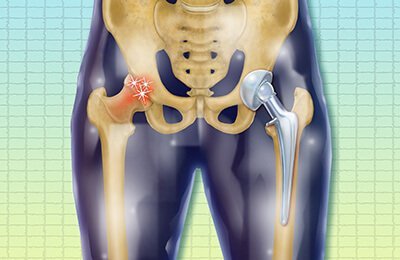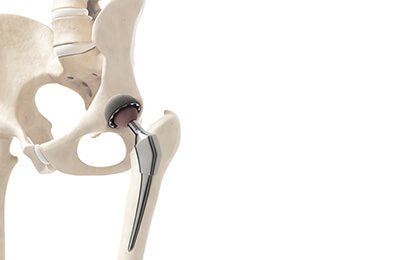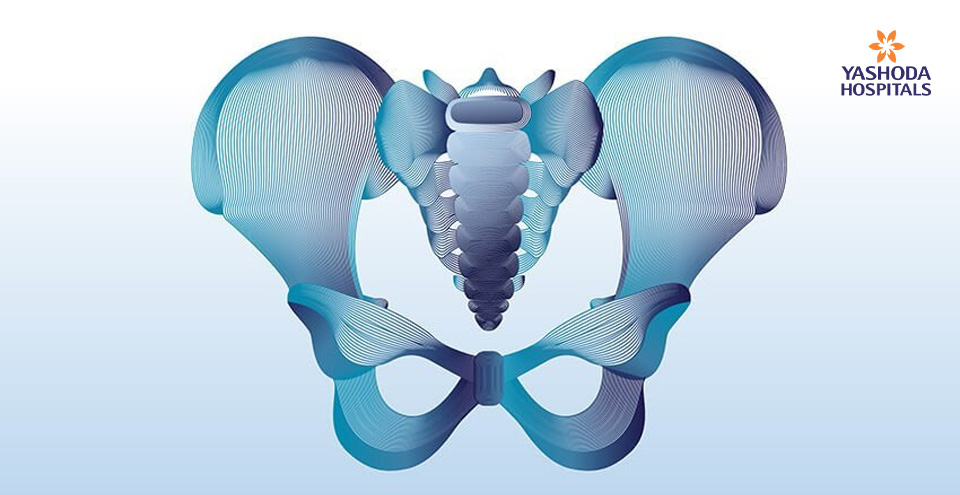Yashoda Hospitals > Diseases & Treatments > Orthopaedics, Surgery > Hip replacement surgery for diseases and injuries of hip
Hip replacement surgery for diseases and injuries of hip
What is Hip Replacement Surgery? When is Hip Replacement advised?
Hip replacement is a surgical procedure where the affected hip joint is replaced with an artificial structure known as the prosthetic implant.
Many patients who suffer from osteoarthritis or other conditions of the hip joint like rheumatoid arthritis, bone deformities, injuries, may present extreme hip pain and inability of movement, sleep troubles and restriction to day to day activities. When the condition is no longer manageable with medications, physical therapy or injections, hip replacement surgery is suggested. The objective of the surgery is to ultimately relieve a painful hip joint and make movements for walking easier.








 Appointment
Appointment WhatsApp
WhatsApp Call
Call More
More

